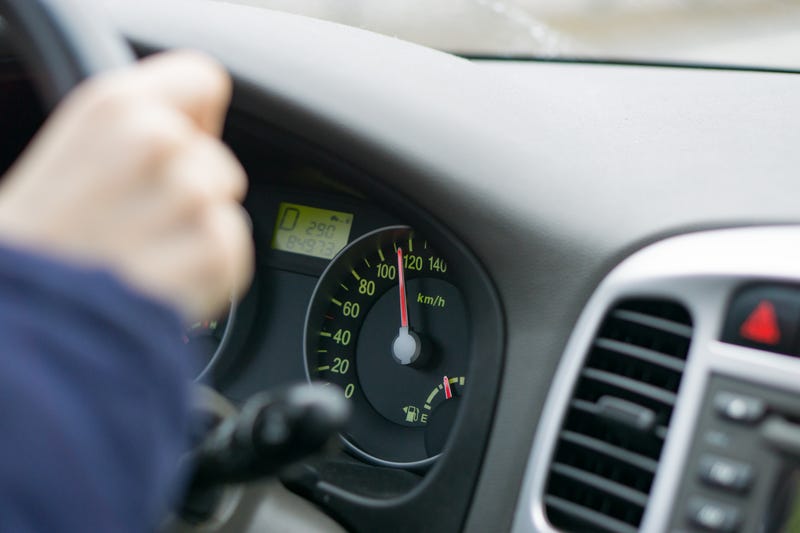
In 2020 more people were at home, and fewer people were on the road, yet driving conditions got worse.
How's that? Officials say more drivers were likely to drive recklessly with fewer vehicles on the road. Now, police are worried that with roads getting busier, more will be at risk in the final stretch of summer.
Listen to your favorite News/Talk station now on Audacy.
2020 marked a record-setting year with the most highway deaths in a year since 2007. Traffic data indicated the higher death toll was related to higher average speeds.
However, another factor that led to the spike in traffic accidents was the number of drivers operating their vehicles while under the influence of drugs and alcohol, The Associated Press reported.
Now, authorities are worried travel might get even more deadly, with drivers showing no signs of slowing down.
"People are flying down the roads," Maine State Police Cpl. Doug Cropper said to the AP. "It's just ridiculous."
Across the country, this has been a common theme as speeding continued to cause issues from the west to the east coast.
The number of tickets given by the California Highway Patrol for drivers going over 100 mph from January to June has doubled compared to 2020. In addition, the number of tickets issued for reckless driving has also increased, the AP reported.
Lt. Gordon Shank with the Minnesota State Patrol shared with News Talk 830 WCCO's the Paul and Jordana show about what the state patrol has seen.
"We've seen an increase in speeders and speeds at which they are traveling," Shank said. For example, Shank shared that in six months in 2021, state patrol officers have seen 737 speeders traveling over 100 mph compared to 609 from the following time frame last year.
From January to June in New York state, the number of fatalities caused by speeding and the number of speeding tickets both grew, the AP reported.
"There is continued concern about the rise in speeding and aggressive driving as we enter the heart of the vacation travel season and increased traffic volumes on the highways," Beau Duffy, spokesman for New York State Police, said to the AP.
A report from AAA showed that the issues on the road date back to the start of the pandemic. The National Highway Traffic Safety Administration reported that fatalities rose by 7.2% compared to 2019 despite the average daily car trips dropping by 45%.
"It's counterintuitive to see the rate of traffic deaths spike when so many of us were driving less often," Jake Nelson, AAA's director of traffic safety advocacy, said. "As the U.S. climbs out of the COVID-19 pandemic, highway safety officials will need to double down on curbing speeding, substance-impaired driving, and failure to buckle up."
With fewer drivers on the road, some took advantage of the open space setting new records on an illegal, nonstop race from coast to coast called the Cannonball Run. One Maine resident set a solo record after renting a Ford Mustang GT with 130 gallons of fuel tanks. He made the trip from New York to Los Angeles in 25 hours, 55 minutes.
A new team record was set soon after the solo trip.
Fred Ashmore, who made the trip, said New York was a "ghost town" as he sped away, topping out at 159 mph. Throughout the 2,806-mile journey, he averaged 108 mph.
"There's no person who's never sped," Ashmore said to the AP. "I just sped faster and longer."
According to Shank, those who choose to travel at high speeds can risk losing their license, not to mention their lives. So far this year, 51,000 speeding tickets have been handed out, compared to 45,000 from last year at this time.
Shank also shared that across the state of Minnesota, law enforcement is committed to try and stop speeding. He also is asking residents to speak up when they see someone going too fast.
"We're in this together because, at the end of the day, we're the ones that have to go to those families' homes and tell them that their loved ones are not coming home for something that could have been prevented."



